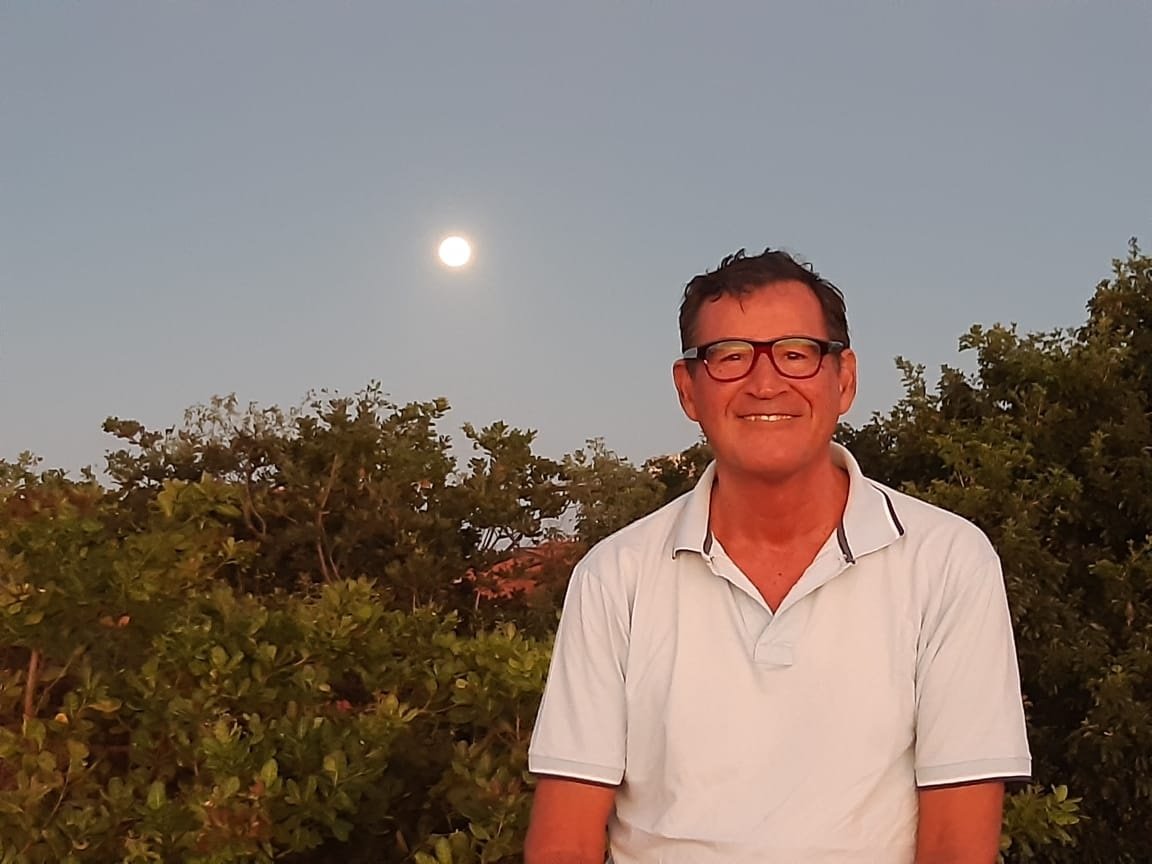Journalist Flaminio Araribe points out that “denialism is leaving the scene and making way for knowledge-based strategies.” Payment:
Climate denial and scientific denial, the flags of the Bolsonaro government and its followers, have left a series of economic and social losses in the country. Rio Grande do Sul is a recent example of a flood disaster, the consequences of ignoring intelligence generated in academia and environmental legislation, which has been partially dismantled by the current governor.
Now is the time to acknowledge and acknowledge the importance of science that has been tried to be denied or ignored. This week (26th) the Rio Grande do Sul government created the Rio Grande do Sul Scientific Committee for Climate Adaptation and Resilience, which includes 43 researchers from universities and institutes, consults with experts from other countries and abroad, and its first engagement was the task of evaluating projects to combat flooding.
Brazil produces good science in the fields of hydrology, meteorology, water resources, and the environment, among others, that can help prevent and mitigate extreme weather events. The Gaucho Commission, which is advisory in nature, includes names from academia and research institutions – such as Carlos Nobre (USP), José Antonio Marengo Orsini (CIMADEN), Gerson Kelman (ANA), and Francelyn Garcia (SBPC) – who will not be appointed. Part of the pretense to create a good image as a ruler. However, the decision to implement scientific study projects rests with the state governor.
Madrid allocates 10 million euros
Placing science at the heart of political decision-making is the goal of a programme launched this month by the Spanish government, which has scientists advising ministries. The initiative seeks to apply the best available science to develop medium- and long-term strategies to respond to major social, technological or environmental challenges. With a declared budget of €10 million per year, the programme is based on the presidency of the republic and the Superior Council for Scientific Research (CSIC), Spain’s largest public research organisation, according to El Pais.
Aretado's world
In Recife, in May, Governor Raquel Lira launched the Sientista Aretado programme, with a budget of R$10.5 million, inspired by the Chief Scientist Program of the state of Ceara, which is in its third edition. The first notification for the Pernambuco edition was launched this month in the amount of R $ 1,052,000.00, with the aim of submitting proposals for technical solutions to contain barriers – mitigating the risks of urbanization.
Tarcisio Picino, a professor at Unifor, created the Chief Scientist Program when he headed the Foundation for the Support of Scientific and Technological Development (Funcap), in the last government – the program was maintained by Governor Elmano de Freitas. The Pernambuco Foundation for the Support of Science and Technology (Facepe) welcomed the former Funcap president in May to “deal with successful initiatives in science, technology and innovation,” including the Cientista Arretado programme.
CBN Recife reported on the launch of the Facepe program: “Professor of the Federal University of Ceara, Tarcisio Pecino, creator of the Chief Scientist Program of the State of Ceara, who served as an inspiration for Cientista Arretado, highlighted the importance of the incentive of science. “It is a pleasure to see a project What I created is being replicated, especially in the scientific environment of the rich and respected state of Pernambuco. He stated that the Pernambuco government represents a prime example in expanding the study and research budget.
Flaminio Araribe Journalist

“Wannabe internet buff. Future teen idol. Hardcore zombie guru. Gamer. Avid creator. Entrepreneur. Bacon ninja.”

